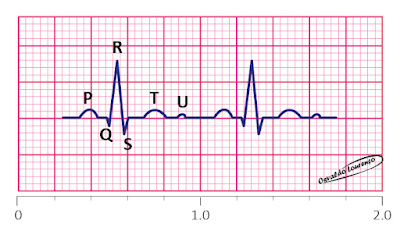It's common to hear about the importance of taking care of your heart and maintaining cardiovascular health through regular check-ups and preventive measures. However, these recommendations can sometimes seem vague, leaving people unsure about when to see a doctor and when cardiac exams are truly necessary. That’s what we’ll be discussing today.
The frequency of visits to a cardiologist or general practitioner for heart care can vary depending on factors like age, personal and family medical history, the presence of cardiovascular risk factors, and pre-existing health conditions.
Healthy adults without significant risk factors may benefit from an annual visit to a general practitioner for a routine check-up. However, individuals with cardiovascular risk factors such as hypertension, diabetes, a family history of heart disease, smoking, or obesity may need more frequent consultations, depending on their specific circumstances.
Especially after the age of 40, it might be wise to schedule regular cardiologist visits, even in the absence of symptoms. This can be useful for starting a physical activity regimen, assessing familial risk factors, or evaluating test results.
Regarding cardiac exams, there are several diagnostic tests that healthcare professionals might recommend, depending on your health condition, medical history, and risk factors. It’s important to note that only a doctor can determine which exams are necessary based on your specific situation. Below are some of the key cardiac tests and the situations in which they may be recommended:
These are the primary exams, but for specific diagnosed conditions, even more specialized tests may be necessary, such as a transesophageal echocardiogram, which is similar to an endoscopy but evaluates the heart.
While all these tests are important, it’s crucial not to undergo them indiscriminately. Discuss with your doctor the necessity of cardiac exams based on your health, medical history, and risk factors. Scheduling exams should be done responsibly, tailored to your needs, and under the supervision of a healthcare professional.












No comments:
Post a Comment